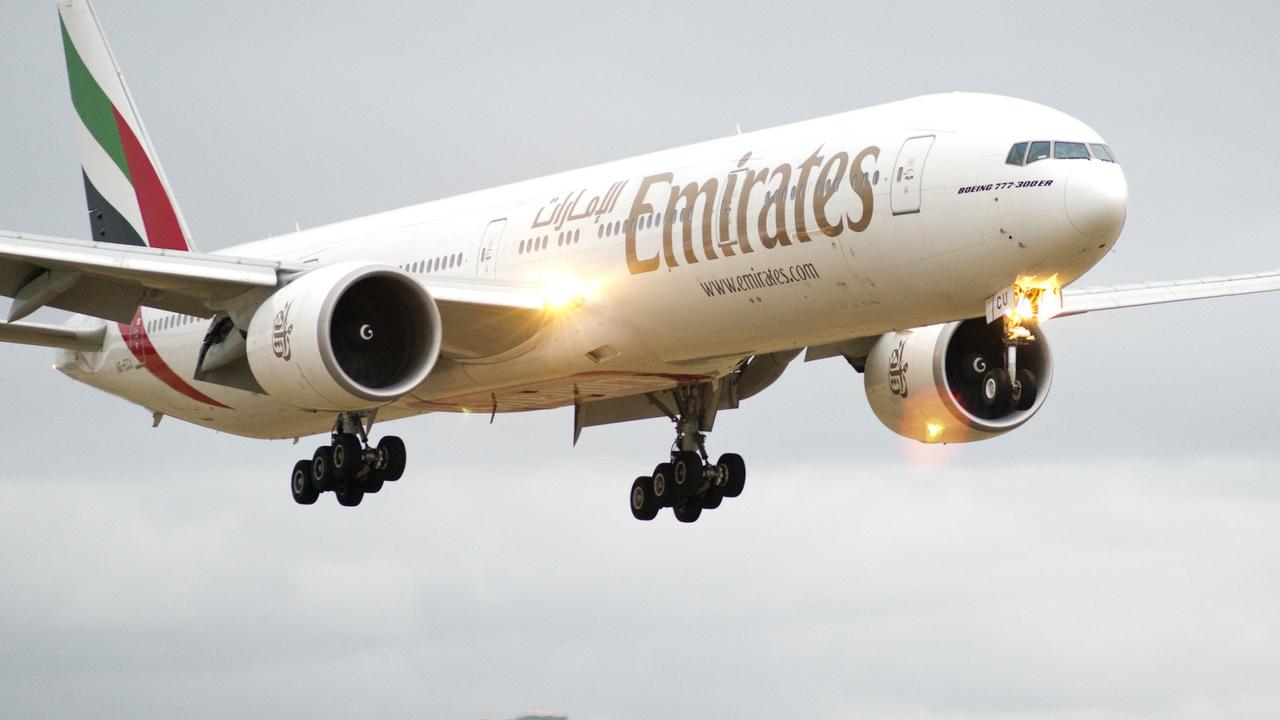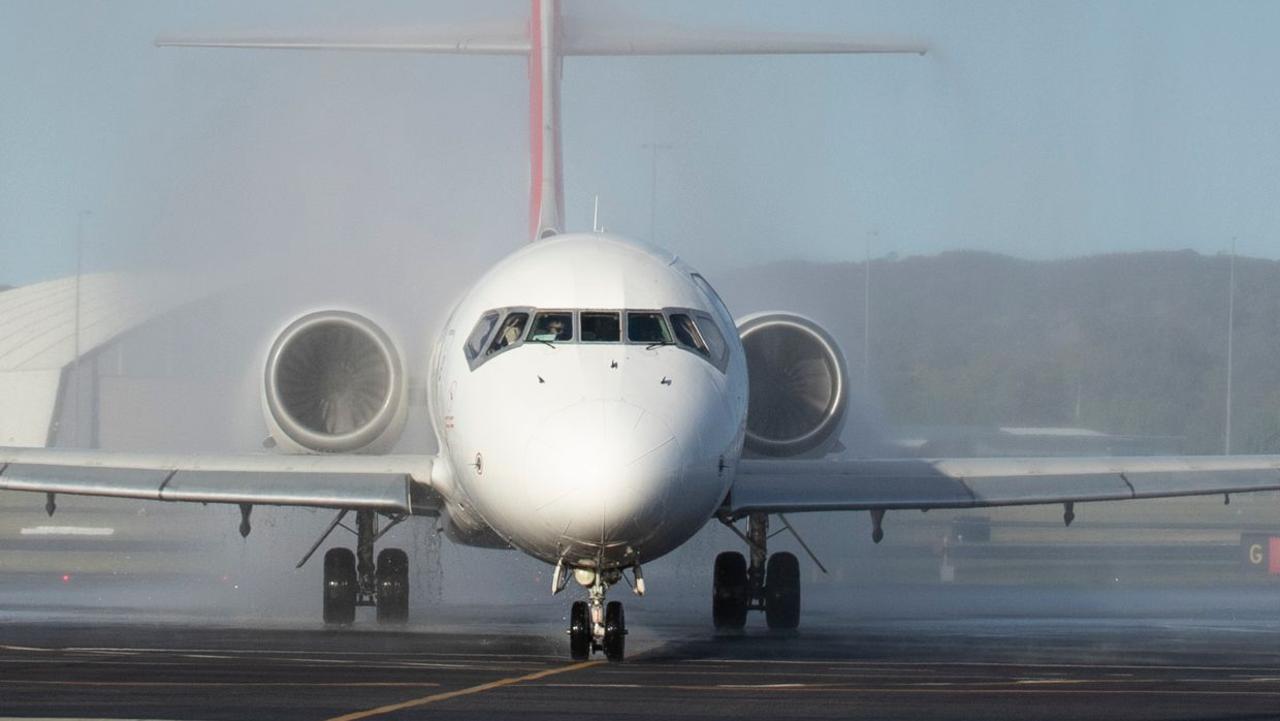Experts say government’s aviation plan is a ‘missed opportunity’ for travellers
Aviation experts have described the shake-up to the industry as “disappointing” saying it shows where Australia is falling behind.
The federal government’s Aviation White Paper was released on Monday and not everyone is happy about it.
The aim to crack down on airlines and bolster customer rights, through an aviation ombudsman, gives passengers further protections when it comes to things like refunds and flight cancellations.
But experts say the long-awaited paper, which comes two years after the government flagged plans to review the aviation sector, is a “missed opportunity” to bring Aussie passenger rights in line with other countries.
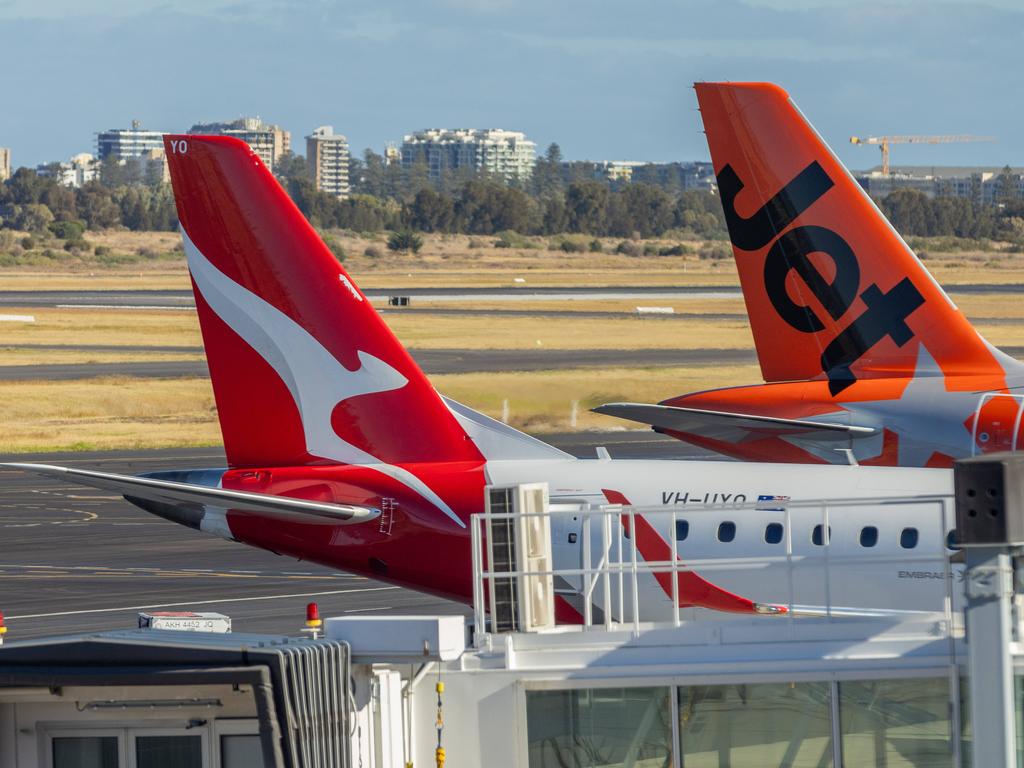
Although the federal government is vowing to establish a watchdog that will force airlines to pay cash compensation to inconvenienced travellers and set guidelines for customer treatment, according to Australian Lawyers Alliance spokeswoman Victoria Roy, these suggestions still fall short of international standards.
The travel lawyer said while the proposed Charter of Rights and the Aviation Industry Ombuds Scheme are an improvement on the current situation, “overall the white paper is disappointing for consumers”.
“The Aviation White Paper sets the plan to achieve the government’s vision for aviation until 2050. By failing to introduce a simple flight delay compensation scheme, the government has committed to keep Australian passenger rights behind the EU, UK, Canada, Malaysia, Brazil, India, Turkey and countless other jurisdictions for the next 25 years,” Ms Roy said.
Currently, Australia’s reimbursement offers are behind the rest of the world, with the UK, Europe and Canada all offering compensation models.
For example, inconvenienced passengers in Europe are entitled to between $A386 and $A926 (depending on the distance of the flight), if a flight is delayed by at least three hours with less than two weeks’ notice.
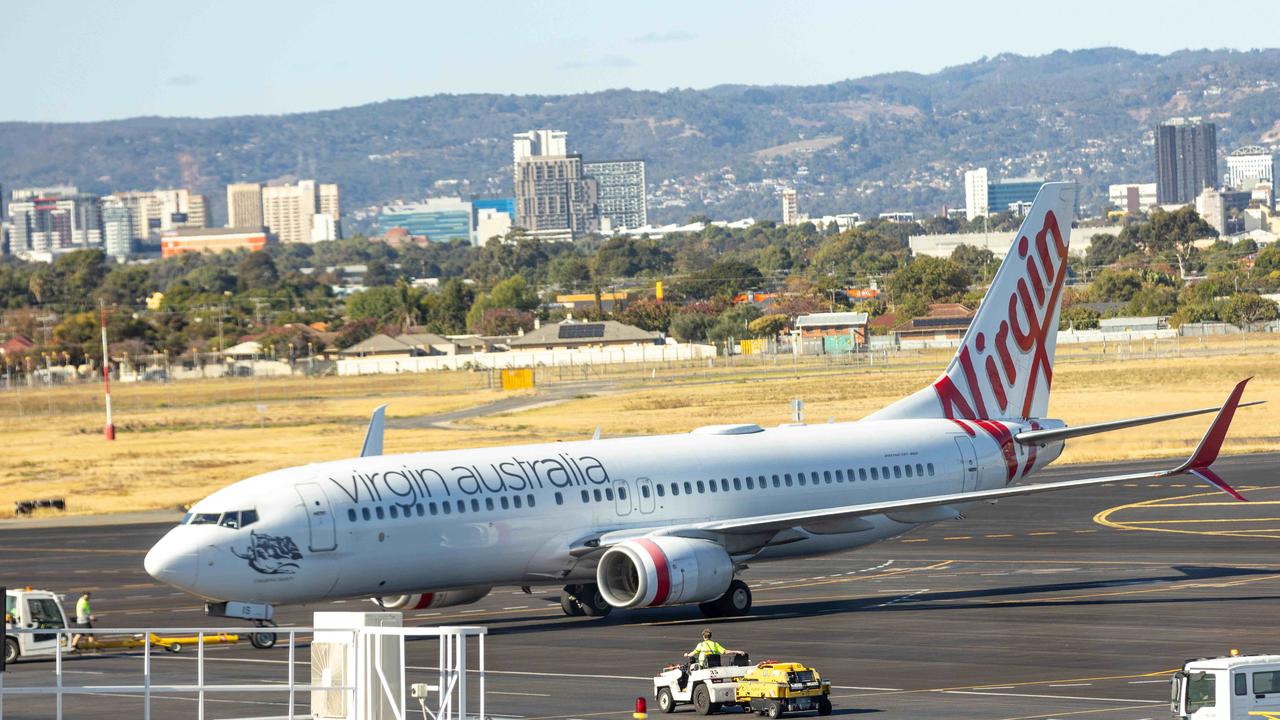
They are also entitled to free drinks and food at the airport if their flight departs late, and free accommodation and transport if it is delayed until the next day.
However, compensation rules do not apply in situations where extraordinary circumstances, such as poor weather, caused the delays.
As such, there are concerns the Australian government’s vision may not require carriers to pay passengers more than their travel expenses and airfare refunds.
Ms Roy also noted travellers who have sustained a psychiatric injury or experienced sexual assault have also been left without clear rights to compensation.
“The Australian Consumer Law is complex and has exemptions which the white paper does not address,” she said.
She said replacing the Airline Consumer Advocate with an Aviation Industry Ombuds Scheme which will have the power to direct airlines to provide remedies is an improvement, but it exposes a potential problem.
“It raises the question of whether the ombudsperson will direct airlines to pay compensation for inconvenience and distress as well as ticket refunds and passenger expenses, and if so, how it will quantify that compensation. A commitment to a flight delay compensation scheme would have given passengers certainty.”
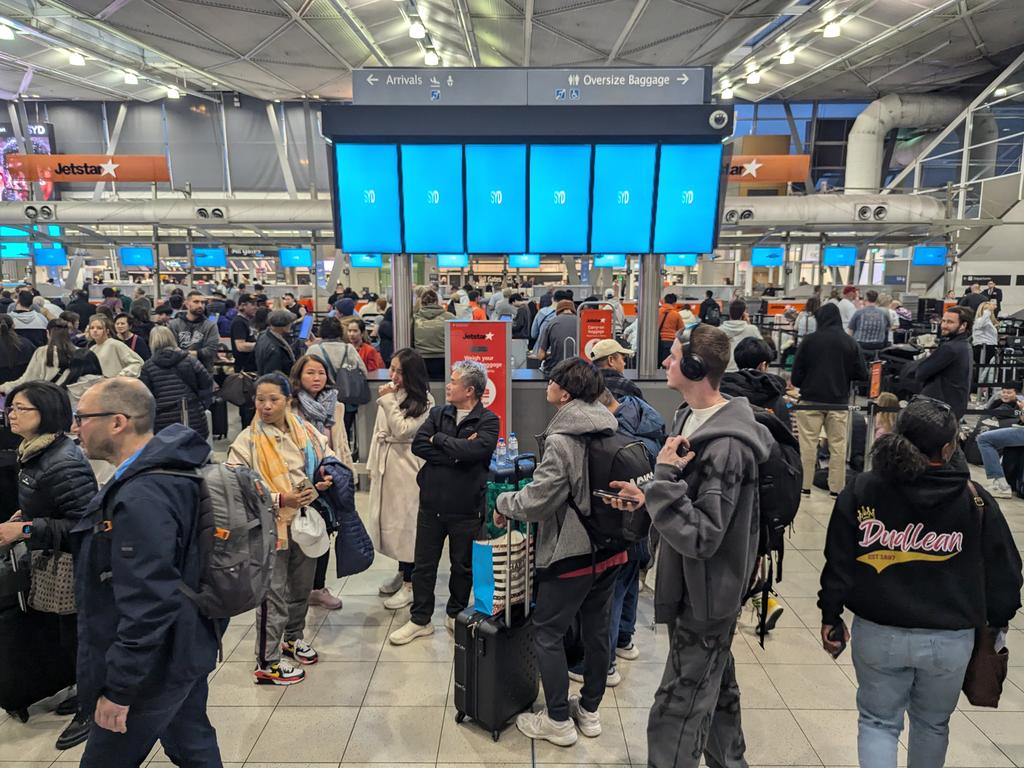
Under the scheme, airlines will be required to report reasons for delay and cancellation which is a move in the right direction, according to Ms Roy.
“[It] will provide transparency to passengers and give data to the ombudsperson and allow the ACCC to take necessary action,” she said.
Adam Glezer of Consumer Champion has been pushing for a compensation scheme since 2020 and said what’s particularly important is having strict timelines where refunds have to be processed.
“As it stands airlines can say they will offer a refund to customers, but it can take months or years,” he told news.com.au.
“The devil will be in the detail, however I am extremely disappointed after the release of the white paper.
“Having an ombudsman replace the Airline Advocate is a step in the right direction. However, it appears that they will enforce current laws under the Australian Consumer Law (ACL) which are overly complex and brittle at best.”
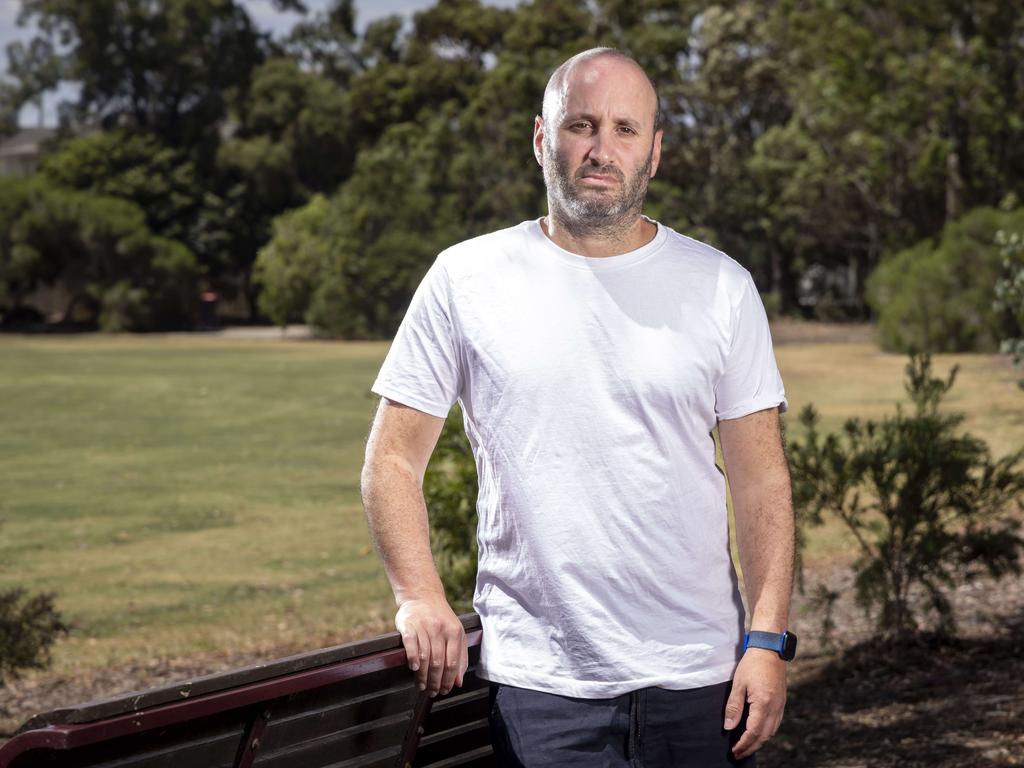
He said when it comes to penalties for breaching the ACL, the white paper is “very non-committal”.
“What we desperately need is legislation to provide the automatic right to a refund for all cancellations, irrespective of the reason, as they have in the USA.”
“Customers need entitlements to compensation for significantly delayed flights and cancellations as they have in the EU and UK. It’s the only thing that will hold airlines accountable. This wasn’t even addressed in the White Paper”.
“Outside of enforcing current laws through having an ombudsman and increased transparency, I struggle to see any significant improvement.”
Speaking to the ABC earlier, Transport Minister Catherine King said the government would will get to work setting up the new airline ombudsman immediately while parliament considers the relevant legislation.
The charter of customer rights will outline when passengers are entitled to a cash refund for cancelled or delayed flights, among other resolution-related things.
“We know customers of airlines and airports have struggled to enforce their rights under Australian Consumer Law and this sets up a new independent ombudsman scheme to establish a charter of rights,” Ms King said.
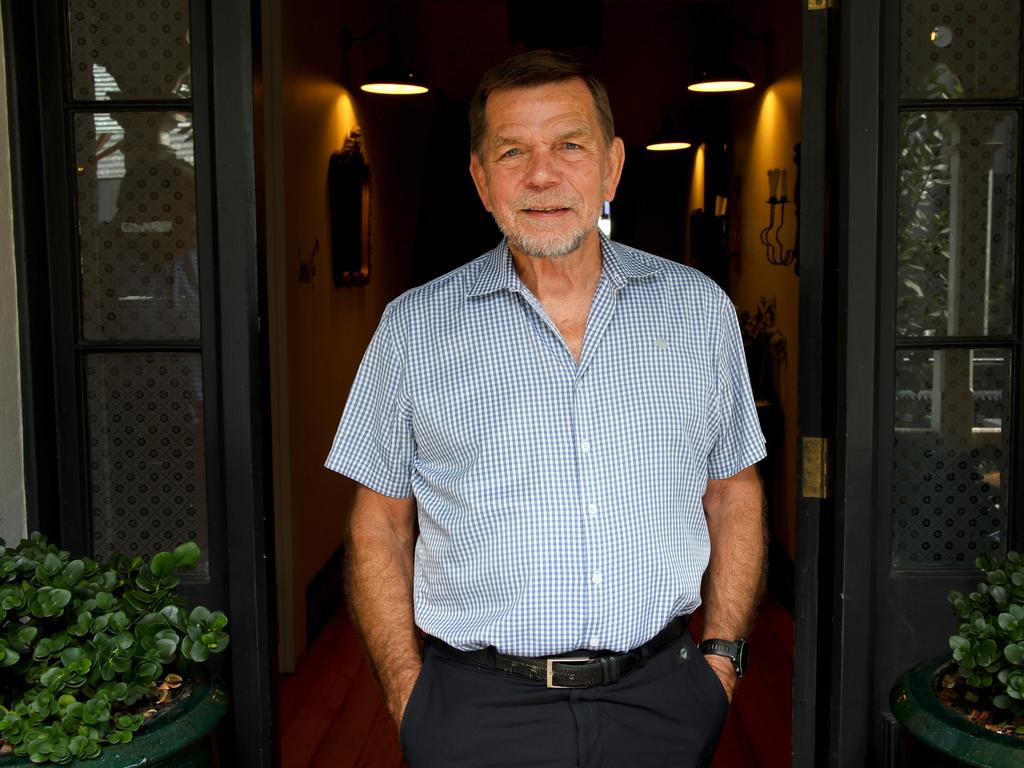
“What has been happening for people is they have struggled to actually get anyone, often (spending) hours on phones trying to struggle to understand what it is they are entitled to and the ombudsman scheme allows that independent … complaints mechanism and it sets out clearly what the expectations are for the conduct of airlines and airports when it comes to customer rights.”
The new watchdog will have powers to dish out and enforce penalties on both domestic and international airlines.
Though, when asked what enforcement on international airlines would look like, the transport minister said that would be fleshed out in a consultation paper.
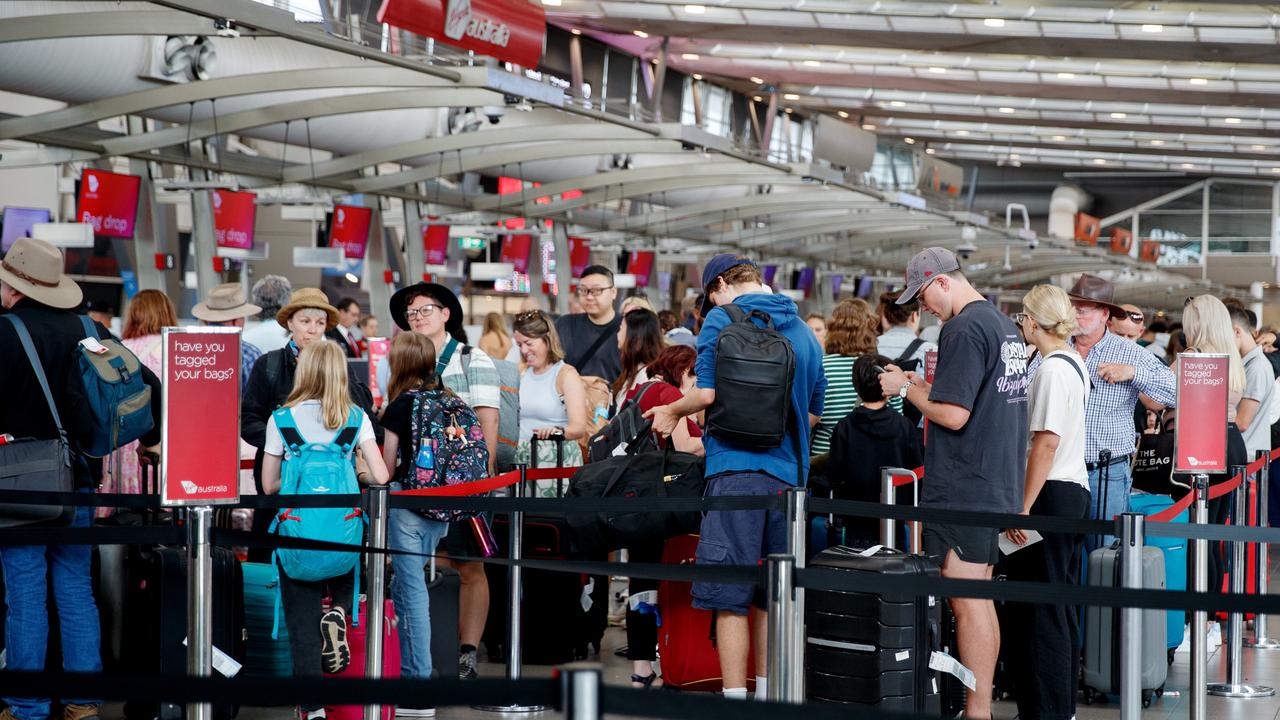
Flight Centre Travel Group CEO and founder, Graham Turner, welcomed the white paper but said they’re yet to see the practicalities of it unfold.
“The white paper offers some good prospective outcomes for customers regarding refunds however, it’s only the start of a process and we’re yet to see the practicalities of it unfold,” he said.
“Expediting certain refunds from airlines will certainly mean we, as a travel agency, can pass this on to our customers faster which is great.
“However, it’s important to note that there are a range of reasons that flights may be delayed or cancelled, and not all of them are the fault of the airline.”
The white paper outlines ways to improve the sustainability, competitiveness, efficiency and safety of the aviation sector.
Though it is designed to guide the sector through to 2050, RMIT Aviation Academy director Lea Vesic says many of its suggestions provide short-term solutions to systemic issues like workplace shortages.
“The federal government’s Aviation White Paper seems to reactively address systemic problems in the aviation industry, rather than presenting a robust vision for its future,” she said.
“Although attention has been rightly focused on market competition and consumer rights, there is much more to achieve in reforming the industry.”
The Transport Workers Union also welcomed the white paper, but said it was “crucial no additional pressure” was pushed onto a workforce that was already “under the pump”.




